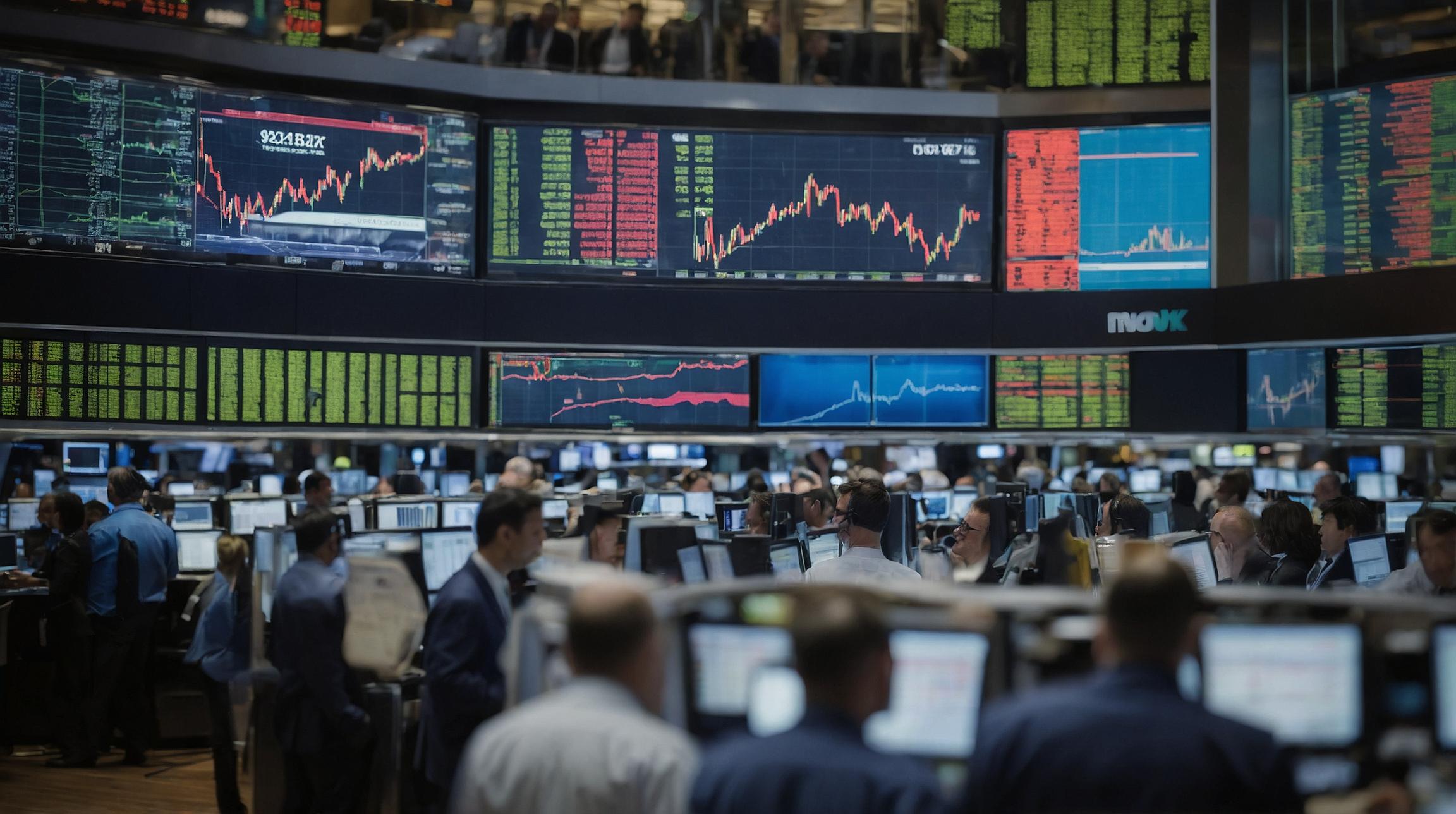China Warns Mexico Against Planned 50% Tariff Increase on Asian Vehicles
China’s Ministry of Commerce issued a stern warning to Mexico regarding its proposal to raise tariffs on cars imported from Asia, particularly China, from the current 20% to 50%. The ministry urged Mexico to “think twice before acting,” emphasizing the importance of Sino-Mexican trade relations and cautioning against actions that could harm economic cooperation.
Mexico’s Secretary of Economy, Marcelo Ebrard, announced the tariff increase plan on September 11, stating that the proposal still requires Congressional approval and would take effect 30 days after passage. The planned tariffs form part of a broader federal budget initiative affecting approximately $52 billion worth of imports.
China Signals Retaliation to Protect Trade Interests
In response, China declared it would take “necessary measures” to defend its legitimate rights and interests. The Ministry of Commerce criticized what it described as “U.S. abuse of tariffs” and called for the protection of free trade, warning against sacrificing third-party countries’ interests amid larger geopolitical trade disputes.
China’s countermeasures in ongoing trade conflicts have previously included restrictions on exports of minerals vital for automotive and advanced technology manufacturing, areas where Chinese firms dominate global supply chains.
Mexico’s Trade Context and Automotive Industry
Mexico’s strategic position on the U.S. southern border allows it to benefit from the United States-Mexico-Canada Agreement (USMCA), which facilitates tariff-free trade within North America. However, USMCA imposes stricter regional content requirements for vehicles than the former NAFTA agreement, influencing Mexico’s automotive sector dynamics.
The auto industry is Mexico’s largest employer, underscoring the significance of any tariff changes. Jorge Guajardo, a former Mexican ambassador to China and partner at Dentons Global Advisors, noted that Mexico’s proposed 50% tariff is lower than Russia’s 60% tariff on Chinese cars. He also highlighted that China has not publicly criticized similar tariffs imposed by Russia or Brazil, suggesting tacit acceptance of global efforts to manage excess Chinese automotive production.
Chinese Investments and Market Dynamics in Mexico
Since June 2022, over 20 Chinese automotive companies and parts manufacturers have announced investments exceeding $7 billion in Mexico, according to the Coalition for a Prosperous America. However, some projects, such as BYD’s anticipated factory, have yet to materialize.
Data from the China Passenger Car Association indicates Mexico is a leading destination for Chinese car exports. Eugene Hsiao, head of China equity strategy at Macquarie Capital, observed that Chinese vehicles are often gaining market share from other Asian brands rather than Western manufacturers in Mexico. He also suggested that even with tariff increases, Chinese cars’ competitive pricing could maintain their market appeal.
As Mexico weighs the tariff hike, its final decision and potential Chinese responses will be closely watched for their implications on bilateral trade and the broader regional automotive market.
FinOracleAI — Market View
The announcement of Mexico’s planned tariff increase to 50% on Asian, particularly Chinese, vehicles introduces heightened trade tensions that could disrupt supply chains and investment flows. While the tariffs aim to protect domestic and regional industries under USMCA provisions, China’s threat of countermeasures raises risks of retaliatory actions affecting other sectors. Market participants should monitor Congressional approval outcomes and any Chinese trade responses, which will shape the short-term dynamics in the automotive and broader trade sectors.
Impact: negative













